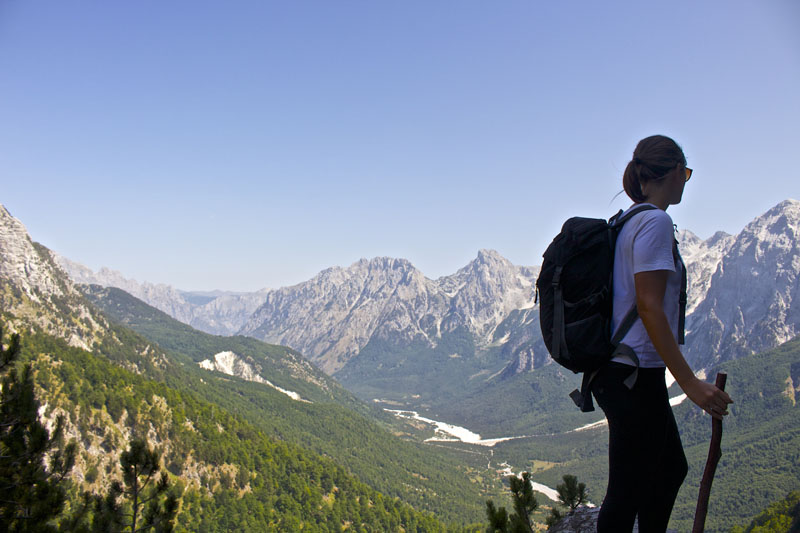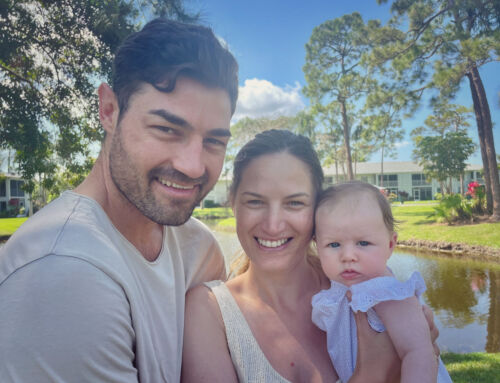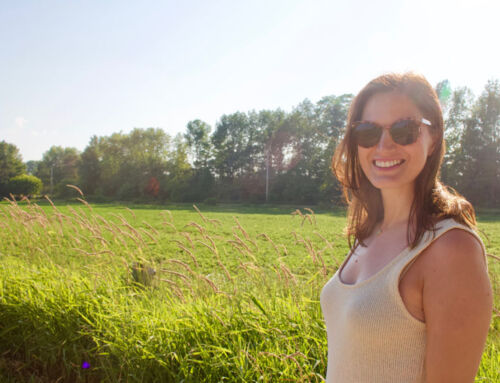Travelling can look very different for each person, depending on ones circumstance. For some, it’s filled with glam and luxury, with 5 star hotels, boutique shopping and award winning restaurants. For others, it’s a combination of luxury and economical travel, blending extravagance with mindful spending. For a lot of us, travel looks like budget hostels, long bus rides, 15 KG backpacks and Cheap Eats on Google.
No doubt, travelling for nearly 2 years (with a couple of short breaks) is an absolute privilege, whatever way you look at it. A lot of people often wonder how we lasted for so long, both in spirit and in finances. It’s no secret that Jack and I pre-planned this long-term sabbatical and accumulated funds over a couple years of saving, while working in Sydney. To be clear, we don’t have a miraculous inheritance fund, or an online business bringing in money. What we did have was interest, self-discipline, and mindfulness, which not only allowed us to save enough money to support our travels, but it created good spending habits that we took along with us. If spent wisely, some money can go a long way. Believe me when I say, it’s more reachable than you think. Admittedly, we treated ourselves fairly often to a nice hotel, fancy dinner and fun activity. However, most of our travels have been budget friendly, with affordable accommodation and very reasonable travel expenses.
Here are some practical guidelines that allowed us to save and maintain our finances while travelling long-term:
Research
When we decided to go travelling for an extended period of time, the first thing we did was research. We browsed the web for beautiful and interesting places to go, with low cost of living. There are several articles written about this online, as well as colour coded maps. It’s important to ask yourself 3 questions before choosing a country. Is it easy enough to get to? Is it safe? Is it economical?
Smart Banking
Go to your bank and talk to an advisor about what types of cash cards and credit cards are available for overseas travel. By using a cash card, you can avoid unnecessary international banking fees and it’s easier to make bookings online. Investigate the credit card options with travel and heath insurance. You can have full coverage and save immensely on insurance by using credit cards dedicated to travellers. Watch where your money goes and check statements and accounts often, at least every couple of days. Make larger withdrawals than usual, watch for pick-pockets (though we never had an issue) and use a tool like Excel or Evernote for budgeting if it helps.
Avoid peak Season
Peak season is the worst time to travel. Prices are raised, crowds take over, and locals become tired, even resentful of tourism. We tried our best to travel just outside of peak season, enabling us to enjoy a pleasant climate, without the hassle of being overrun by other tourists. I suggest coordinating around the weather, as you wouldn’t want to go to India during Monsoon season, or Nepal in the dead of winter.
Buy and re-sell a vehicle/ bike
While this might not be the best option for short-term travel, it’s definitely the best option for long-term travel. With your own vehicle, be a car, van or motorbike, you have the autonomy to come and go as you please. Plus, you will see a lot more of the countryside and experience the culture more authentically. Not to mention, it’s way more adventurous and fun! We threw a mattress in the back of our van, while driving across the US, saving us a lot of money on accommodation and transportation.
Show up instead of booking online
While it is tempting to book accommodation in advance, we found that showing up to hotels and hostels was a lot cheaper compared to booking ahead. Admittedly, it depends on where you are. For example, Asia is a great place for flexible and spontaneous travel, but Europe is seemingly much more accommodating to those who book far in advance. Regardless, leave some room for change, it’s liberating!
WWLD – What would a local do?
If you want to have an authentic, cheap and fun experience, follow the locals. Locals avoid tourist traps, have insight into the best places to go, and bring you into a cultural experience that feels real. They know the in’s and out’s, and the hidden gems that you won’t find on Lonely Planet or Trip Advisor. If you’re feeling bombarded with tourist attractions, make friends with some locals and just roll with it. WWLD – What would a local do?
Ultimately, travelling for an extended period of time isn’t always easy. But like anything, with practice and experience, you get better at it. Problems become fewer and far between and you learn from your mistakes. These are some practical guidelines that helped us along the way and will hopefully be useful to others.
What’s next?
Stay tuned for a blog post about backpacking Eastern Europe and a blog post about profound lessons I learned while travelling.
Thanks for reading!










Loved your thoughts!!
Panagis
From athens
Thanks Panagis! I hope life is treating you well in Athens